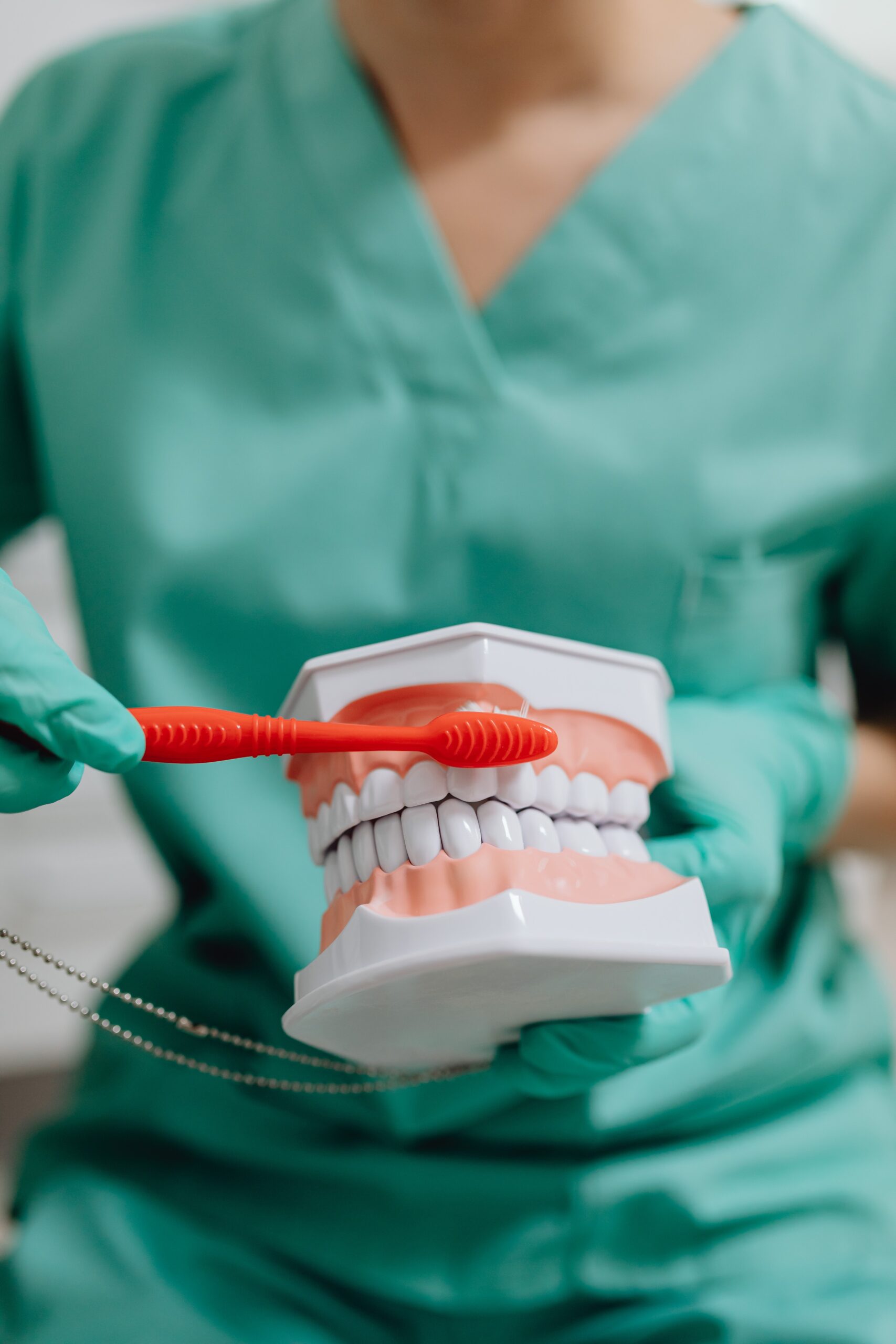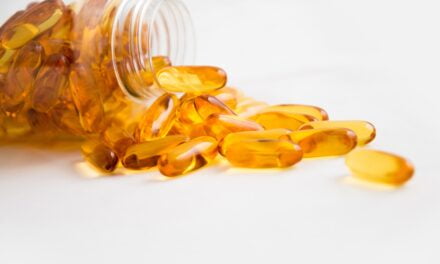Steroids are commonly prescribed medications used to reduce inflammation and treat various medical conditions. However, one potential side effect of steroid use is the development of thrush, also known as oral candidiasis. Thrush is a fungal infection caused by an overgrowth of Candida albicans, a type of yeast. It typically affects the mouth and throat, leading to uncomfortable symptoms such as white patches, soreness, and difficulty swallowing. Fortunately, there are several effective strategies to manage and alleviate thrush symptoms while continuing to benefit from the therapeutic effects of steroids.
Maintain Good Oral Hygiene
Proper oral hygiene is crucial when dealing with thrush caused by steroid use. Regularly brush your teeth, tongue, and gums with a soft-bristled toothbrush. Additionally, use an antimicrobial mouthwash to help eliminate harmful bacteria and fungi from your mouth. It is essential to maintain a clean and healthy oral environment to prevent the overgrowth of Candida.
Incorporate Antifungal Agents
Over-the-counter antifungal medications can provide relief from thrush symptoms. These products usually contain ingredients such as clotrimazole or miconazole, which help combat the Candida fungus. Apply the antifungal cream or gel directly to the affected areas of the mouth and follow the instructions on the packaging. Antifungal lozenges or oral rinses may also be available and can be used as directed.
Maintain Adequate Saliva Flow
Saliva helps in naturally controlling the growth of Candida in the mouth. To stimulate saliva production, drink plenty of water throughout the day and consider sucking on sugar-free candies or chewing sugar-free gum. Additionally, avoid excessive caffeine and alcohol consumption, as they can contribute to dry mouth. Adequate saliva flow can help reduce the risk of thrush and promote oral health.
Adjust Steroid Dosage and Usage
If thrush persists despite following good oral hygiene practices, consult your healthcare provider regarding your steroid dosage and usage. They may recommend adjusting the dose or exploring alternative treatment options. Modifying your steroid regimen can help strike a balance between managing your medical condition and reducing the risk of thrush.
Maintain a Balanced Diet
A healthy and balanced diet plays a significant role in supporting your immune system and overall well-being. Include a variety of nutrient-rich foods in your meals, such as fruits, vegetables, whole grains, lean proteins, and probiotic-rich foods like yogurt. Adequate nutrition can strengthen your immune system and help combat fungal infections like thrush.
Seek Professional Dental Care
Regular visits to the dentist are essential, especially when dealing with thrush caused by steroids. Dentists can provide professional guidance, diagnose any oral health issues, and recommend appropriate treatment options. They may also suggest specific oral hygiene practices or prescribe stronger antifungal medications if necessary.
Be Patient and Consistent
Managing the thrush caused by steroids may take time, so it is important to be patient and consistent in your efforts. Follow the prescribed treatments diligently, maintain good oral hygiene practices, and continue communicating with your healthcare provider and dentist. With consistent care, thrush symptoms can be alleviated, and the risk of recurrence can be minimized.
About the United Kingdom
In the United Kingdom, individuals who experience thrush due to steroid use have access to comprehensive healthcare services to effectively manage their condition. The National Health Service (NHS) offers a range of treatment options and support for those affected by thrush. Medical professionals in the UK are well-versed in the management of thrush caused by steroids and can provide guidance tailored to individual needs. Moreover, the UK boasts a robust dental care system, with numerous dental clinics and professionals available to diagnose and treat oral health issues such as thrush. With the support and resources available in the UK, individuals can address thrush effectively and ensure their overall oral health remains optimal.
Conclusion: While thrush can be an uncomfortable side effect of steroid use, there are effective ways to manage and alleviate its symptoms. By maintaining good oral hygiene, incorporating antifungal agents, promoting saliva flow, adjusting steroid dosage if necessary, following a balanced diet, seeking professional dental care, and remaining patient and consistent in treatment, individuals can effectively address the thrush caused by steroids.
In the United Kingdom, individuals can take advantage of the comprehensive healthcare services provided by the NHS to manage thrush. With access to knowledgeable healthcare professionals and a robust dental care system, individuals can receive tailored guidance and treatment options specific to their needs.
It is important to remember that thrush can be effectively managed, allowing individuals to continue benefiting from the therapeutic effects of steroids while minimizing discomfort and the risk of recurrence. By implementing these strategies and working closely with healthcare providers, individuals can successfully navigate thrush and maintain their oral health.
FAQs
Q: What causes thrush in individuals using steroids?
A: Thrush, or oral candidiasis, is caused by an overgrowth of Candida albicans, a type of yeast. Steroid use can disrupt the natural balance of microorganisms in the mouth, leading to the overgrowth of Candida and the development of thrush.
Q: How can I prevent thrush while using steroids?
A: To prevent thrush, it is essential to maintain good oral hygiene. Regularly brushing your teeth, tongue, and gums with a soft-bristled toothbrush, using an antimicrobial mouthwash, and maintaining adequate saliva flow can help prevent the overgrowth of Candida. Additionally, adjusting steroid dosage and usage as recommended by your healthcare provider can help reduce the risk of thrush.
Q: Can over-the-counter medications help with thrush caused by steroids?
A: Yes, over-the-counter antifungal medications can provide relief from thrush symptoms. These products usually contain ingredients such as clotrimazole or miconazole, which help combat the Candida fungus. Antifungal creams, gels, lozenges, or oral rinses can be used as directed to alleviate thrush symptoms.
Q: What role does diet play in managing thrush caused by steroids?
A: Maintaining a balanced diet is important for managing thrush. Including a variety of nutrient-rich foods in your meals, such as fruits, vegetables, whole grains, lean proteins, and probiotic-rich foods like yogurt, can support your immune system and help combat fungal infections like thrush.
Q: When should I seek professional dental care for thrush caused by steroids?
A: It is recommended to seek professional dental care if thrush symptoms persist despite following good oral hygiene practices. Dentists can provide guidance, diagnose any oral health issues, and recommend appropriate treatment options. They may also prescribe stronger antifungal medications or suggest specific oral hygiene practices tailored to your condition.
Q: How long does it take to manage thrush caused by steroids?
A: Managing thrush caused by steroids may take time and varies from individual to individual. It is important to be patient and consistent in following prescribed treatments, maintaining good oral hygiene practices, and communicating with your healthcare provider and dentist. With consistent care, thrush symptoms can be alleviated, and the risk of recurrence can be minimized.
Author

Dr. Aditya K. Sharma
I am Dr. Aditya Sharma, a dedicated urologist specializing in kidney transplants and advanced urological surgeries. My career is driven by a passion for delivering exceptional care and pioneering surgical techniques. Outside the operating room, I have a keen interest in studying the effects of anabolic steroids on bodybuilding, seeking to understand the fine line between enhancing performance and maintaining health.








